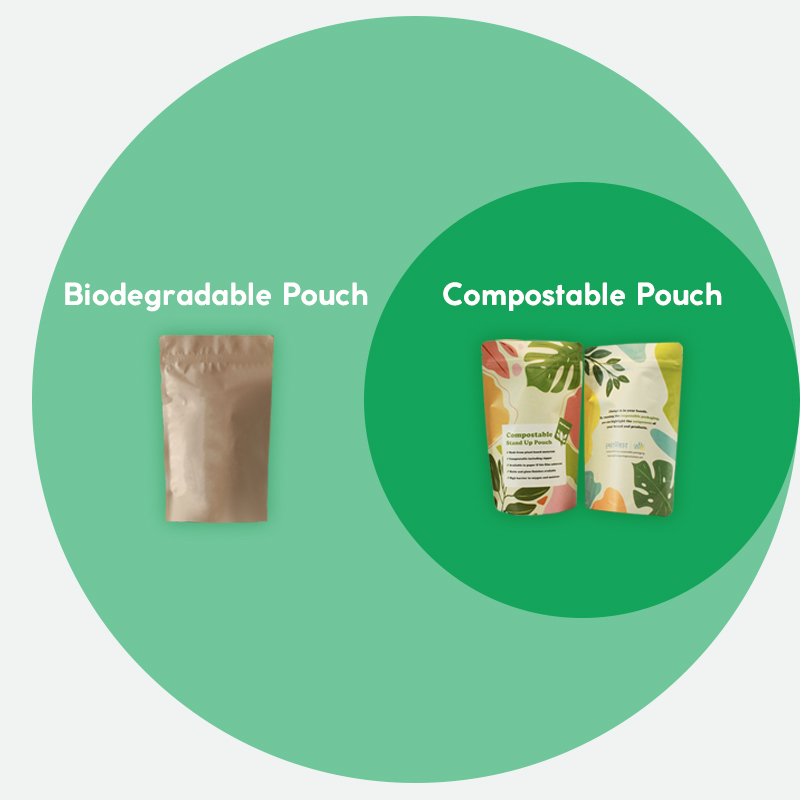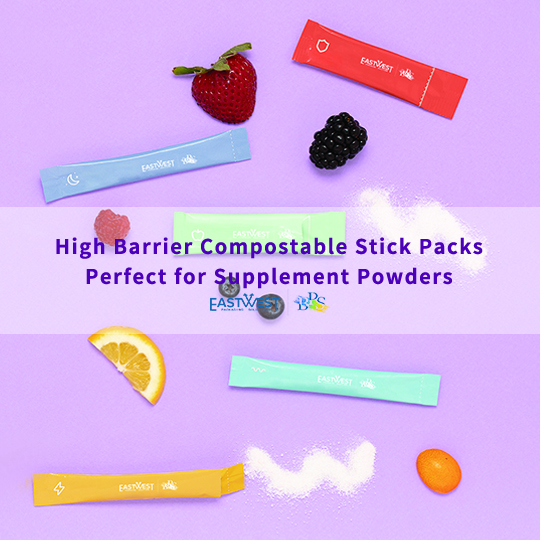One major problem with plastic is that it often takes an extremely long time for it to break down once discarded, leading to massive problems with landfill waste and posing a danger to wildlife. Biodegradable plastics use alternate materials or specialized enzymatic or chemical reactions to break down the material quickly once exposed to the elements. This technology offers a number of advantages over traditional plastic materials.
Waste Reduction
Plastic makes up around 13 percent of the waste stream, representing 32 million tons of waste. While around 9 percent of that plastic goes into recycling programs, the remainder enters landfills, where it takes up space for hundreds of years or more. Biodegradable plastics, on the other hand, may break down over the course of several months, depending on the materials involved and the conditions of their disposal. While not every form of landfill-friendly biodegradable plastic will completely break down, any reduction in the space required to dispose of this material will ease pressures on the waste stream.
Source Reduction
Biodegradable plastics also help conserve petroleum supplies. Traditional plastic comes from heating and treating oil molecules until they turn into polymers, representing about 2.7 percent of America's petroleum consumption. Bioplastics come from natural sources, including crops like corn and switchgrass. While in some cases, the bioplastic material mixes with traditional plastic to give products more strength, any percentage that comes from a renewable source saves petroleum. As these technologies mature, they offer the capability of producing plastic packaging and items even after the world's oil has run out.0:14
Energy Savings
Biodegradable plastics can also represent a significant energy savings. For example, the corn-based plastic polymer PLA uses 65 percent less energy than creating a similar polymer from raw petroleum. In addition, it generates 68 percent fewer greenhouse gases during its manufacture, representing a significant environmental benefit.
Source from: Sciencing
Click the below link and connect with BPS that Offers a variety of sustainable packaging solutions:

 Eco-Friendly Packaging Materials The Next Wave in Sustainable Design, Right at Your Fingertips!
Eco-Friendly Packaging Materials The Next Wave in Sustainable Design, Right at Your Fingertips!
 Interested in Elevating Your Packaging to the New Height?
Interested in Elevating Your Packaging to the New Height?
 Compostable vs Biodegradable: Which Pouch is Best for the Environment?
Compostable vs Biodegradable: Which Pouch is Best for the Environment?
 Compostable Stick Packs for Supplement Powder
Compostable Stick Packs for Supplement Powder